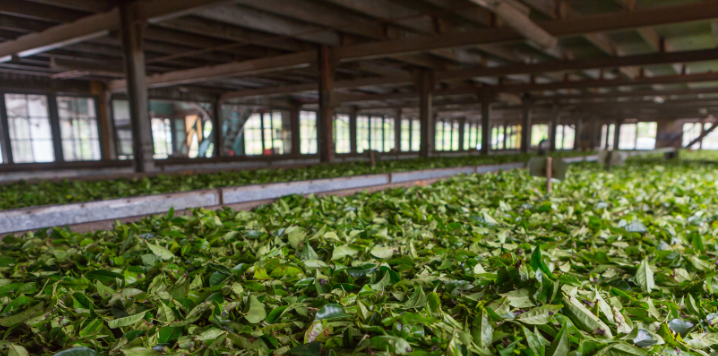- Insights
- January 31, 2023
150 Years of Tea Plantation
The Rise of Ceylon Tea
A Global Success Story

The most important foreign markets for Sri Lankan tea are the former Soviet bloc countries of the CIS, the United Arab Emirates, Russia, Syria, Turkey, Iran, Saudi Arabia, Iraq, UK, Egypt, Libya, and Japan. The figures were recorded in 2000.

In 1995, Sri Lanka was the world’s leading exporter of tea, with 23% of the total world export, and Sri Lanka ranked second on tea export earnings in 2020, after China. The highest production of 340 million kg was recorded in 2013, while the production in 2014 was slightly reduced to 338 million kg.
Figures taken from Leading tea exporting countries worldwide in 2021 statista.com
However, managing a tea empire is not without its challenges. As the industry has grown, so has the need for effective and efficient management of all areas of tea manufacturing. This is where technology and digital solutions come in. Our company, as a leading technology company, provides ERP, APS, and BI for the Tea industry to streamline their processes.
One of our solutions, the Specta ERP is fully integrated with the functions from pre-costing to shipment including BI insights to provide smooth business operations. With this technology, we have helped tea manufacturers alleviate the pain and stress of managing a complex industry, allowing them to focus on what they do best – producing the world’s finest teas.

Tea production in Sri Lanka is not limited to large-scale commercial tea plantations, but it also includes smallholder tea farmers. These SME tea farmers have played a significant role in the development of the industry and are the main form of livelihood for tens of thousands of families. By providing digital tea solutions, we not only help commercial tea manufacturers but also support smallholder tea farmers in managing their business operations efficiently.

Conclusion
the tea industry in Sri Lanka is a vital contributor to the economy, employment, and livelihoods of the country. It has a rich history dating back 150 years, and with the help of technology, it continues to thrive and provide high-quality tea to the world. Our company is proud to be a part of this industry and to support its growth by providing end-to-end digital solutions. We believe that our solutions can help the tea industry continue to thrive and produce the world’s finest teas for many years to come. As a leading technology company, we are committed to providing innovative solutions that support the development and growth of the tea industry. Our digital tea solutions are designed to help the industry manage its operations more efficiently and effectively, which in turn will help to ensure the continued success and growth of the tea industry in Sri Lanka.


